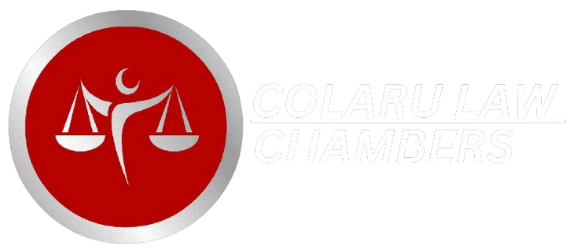Employees Beware!
Under sections 1 and 5 of the Employer’s Liability (Compulsory Insurance) Act, 1969, a director of a limited company should ensure that there is insurance in place should one of the company’s employees be injured.
In the case of Campbell v Peter Gordon Joiners Limited and Peter Gordon (2015), the sole director of the building company did not have the appropriate insurance in place. One of the employees was injured whilst operating an electrically powered woodworking saw with a circular blade. Later, the company went into liquidation.
The employer of the limited company raised an action against the director personally on the basis of a breach of duty to arrange proper and adequate insurance and the consequent loss that he would otherwise have received in the circumstances under the Third Parties (Rights against Insurers) Act, 1930.
This seems to be a fair enough approach and Lord Glennie in the Outer House of the Court of Session held in the employee’s favour.
But, Lord Glennie’s decision was overturned in the Inner House appeal. In a majority decision of 2 to 1, it was held that there was no civil obligation on the former director to pay damages. The appeal Court considered 1969 Act imposed a duty under section 5 on the company alone supported by a draconian criminal penalty on the company. The 1969 Act did not impose any duty on directors or officers of the company personally.
There was a strong dissenting judgment from Lord Drummond-Young who held that whilst there was a general rule that where there is a criminal sanction in a statute, there is no civil liability, this general rule was subject to exceptions. Here, the exception was that the statute was one where “upon the true construction of the Act it is apparent that the obligation – was imposed for the benefit of a particular class of individuals, as in the case of the Factories Acts and similar legislation.” He took the view that directors are obliged as an aspect of their general responsibility for the management of the company to ensure that it has implemented the obligation.
In this regard, he considered that section 1 of the Act was wide enough to allow this if read in conjunction with section 5. However, he also added reference to common law in relation to director’s liability which “strongly supports the view that a director who is complicit in the company’s breach of the duty under section 1 should be civilly liable to an injured employee” and he “could not conclude that there was anything unfair in imposing personal liability on the [former director].”
In a vigorous conclusion, he stated that it was “not appropriate to frustrate that policy through an over-literal construction of the statute, or an excessively conceptual approach to its provisions.”
Such is the difference in approach between judges which can make a huge difference to the result. We have given more space to Lord Drummond-Young’s views because we are in no doubt as to which approach we find preferable. The purpose of this law is to allow injured employees claim damages for their loss, and if its aims can be avoided in the literal manner put forward by the majority in the appeal court, it fails the public.









